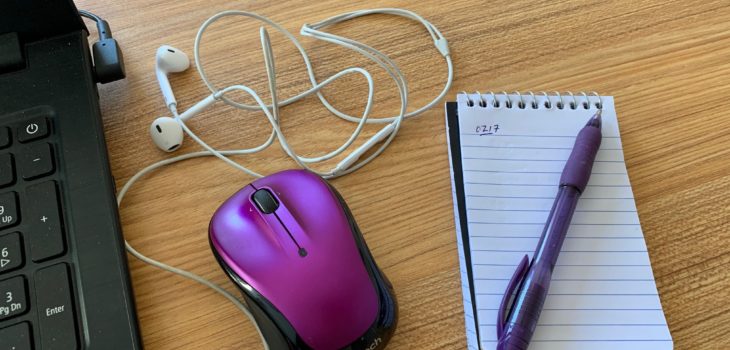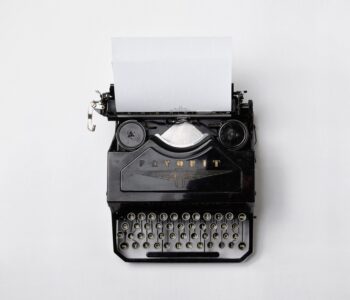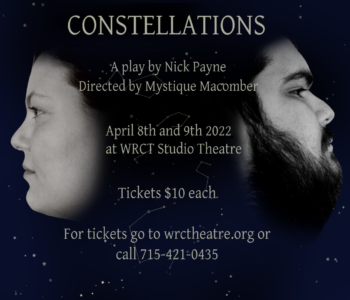
When does accuracy matter? Memories aren’t always truthful
When does accuracy matter? When does it not?
How do I know the difference?
I’ve been learning more about memory and how it’s not very accurate. What we believe to be true or what we think really happened may not be accurate. It’s very easy to create false memories and to alter memories.
Memories aren’t always accurate
There’s a program on Netflix about memory. (You can watch it on YouTube.) They used a woman’s account of 9/11. She recalled being in school and seeing smoke over the water and worrying about her mom working in New York. Then she explained how it was wrong. She couldn’t have seen smoke over the water from her classroom, because the smoke drifted a different direction and her classroom windows faced away from the water. Her mom wasn’t working in NYC then, although she had at one time.
Even though she knows it’s a false memory, it’s her memory of that day. (They explained in the program how her memory could have been altered by images she saw on TV.)
I recently read “Educated” by Tara Westover. It’s a memoir, and she was careful to point out when her memory differed from others’. In one dramatic instance, her brother was severely burned, and no two people out of those there had the same recollection of the event. No one remembered exactly who was there or who did what.
I always thought big memories — impactful ones — would be stronger or truer. And yet, they aren’t. Sometimes it’s the simple ones that feel more real to me.
Perhaps repetition has something to do with it. Doing something more than once helps imprint it and it’s easier to recall.
But is it accurate? Who’s to say? Unless we walk around with a film crew to record every word and action, we won’t know.
Does it matter?
Maybe.
When does accuracy matter?
Recently, I’ve noticed changes in stories and retellings from others. Is it just faulty memory? Should I point it out? Would it make a difference?
As a journalist, it was my job to capture the truth and share it with readers in a way that was easy to understand. I interviewed sources and took notes to quote them accurately. People sometimes would compliment my work, saying it was accurate. I don’t recall — there’s that word again — anyone who felt misquoted. But maybe that’s a faulty memory, too.
That background, however, still makes me strive for accuracy and honesty in everything I do.
So when someone says something that contradicts my memory, I want to correct it. Yet I know I also paraphrase and shortcut my own memories. It’s possible my memory is inaccurate.
So perhaps I should keep my mouth shut and allow others to keep their memories however they’d like. At least I should word my response, “My recollection is …” rather than, “No, that’s wrong.”
How to Be a Better Writer Tip
Strive for accuracy
Journalists strive for accuracy in everything they do, from straightforward interviews to truthful articles. I always thought of it as very common sense, but in a world where “fake news” is a thing and people distrust the media, I’m not so sure.
Your writing may not be held to high journalistic standards for ethics and accuracy. If you’re writing fiction, anything goes. But if you’re writing about something for readers to educate them, and it’s rooted in reality, it’s important to be factual and accurate.
Here are a few tips to help you.
- Use the right words. Be sure the words you choose have the meaning you want. Assure, ensure and insure sound similar but have different meanings.
- Don’t add fluff. Does every sentence move your narrative forward? Does it have a purpose? If not, delete it and see if what you’ve written still makes sense.
- Be clear about your purpose. Even if it’s not part of my article, I find it helpful to create a sentence that helps me focus on the purpose of what I’m writing. What do I want to achieve with an article? When I’m done, I see if I’ve done that.




2 COMMENTS
Mystique, I enjoyed this article about writing from memory (memoir). Trying to write my memoir has proved to be more difficult than other types of writing. I think it was Bill Ayers who said memory is a fickle thing. I read his memoir for a class I took a decade ago at the UW-Wood County. Memory is history; both are flawed.
It’s challenging, June. I agree. “Memory is history: both are flawed.” That sums it up perfectly. Thank you!